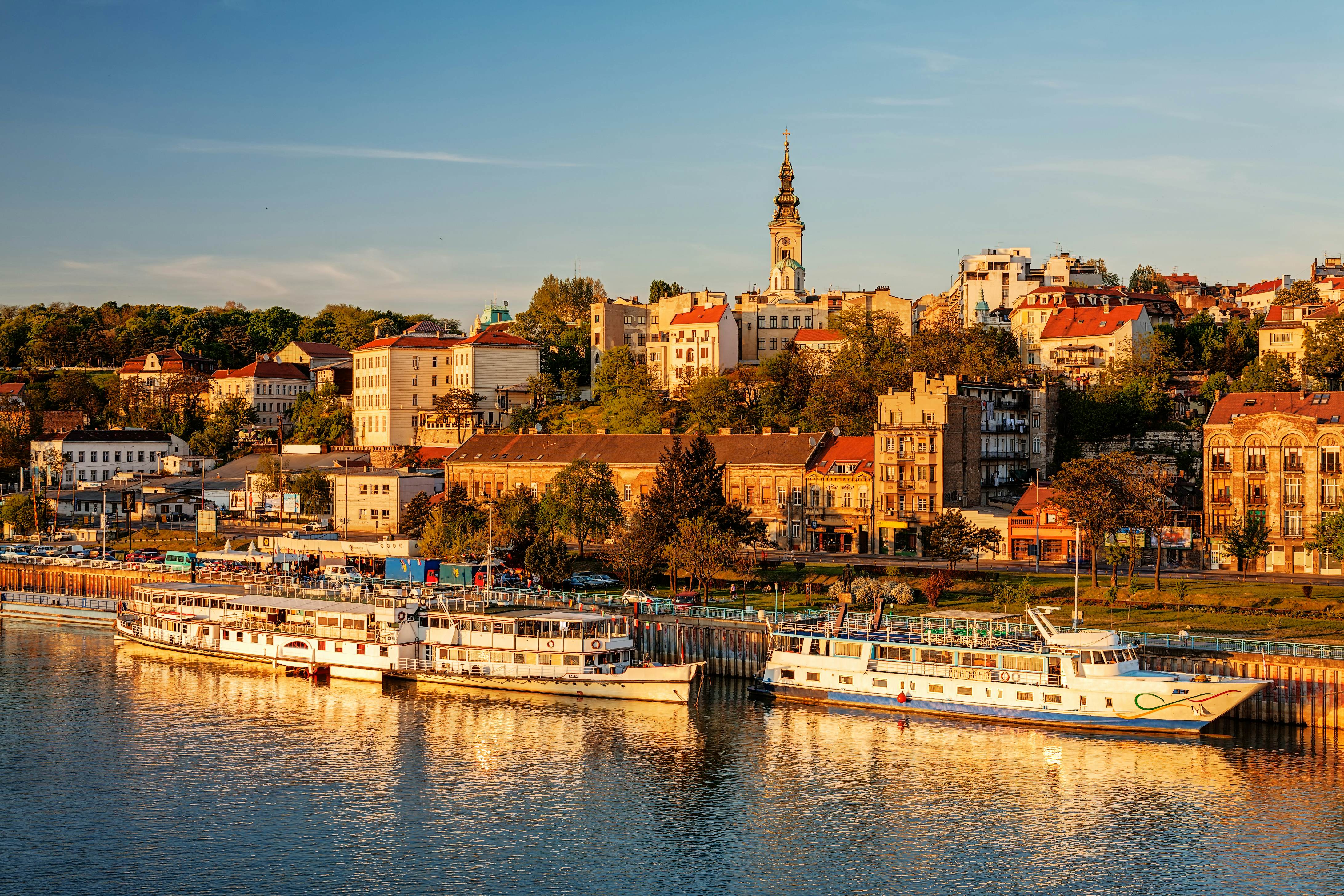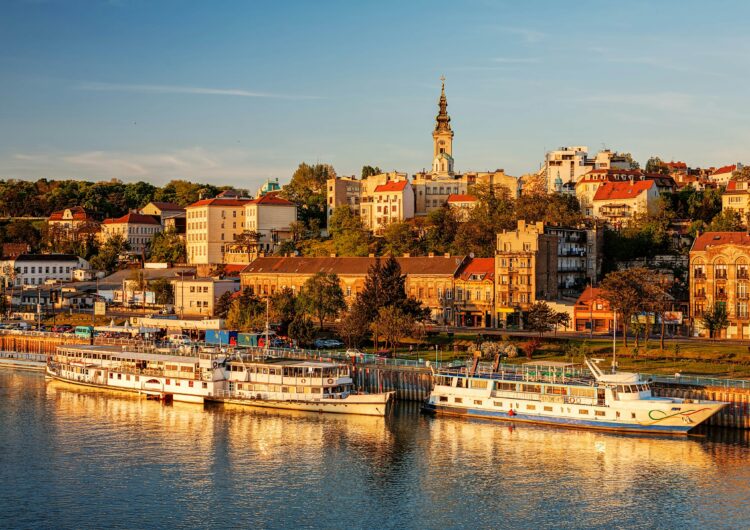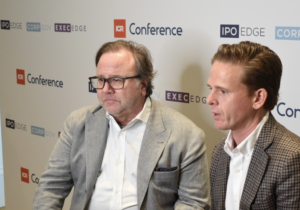
By Ambassador Marko Đurić
Serbia has undergone a profound transformation over the past decade. Spearheaded by President Aleksandar Vučić’s vision of economic development and propelled by strategic reforms, our country’s economy has been booming as it charts a new course as a high-tech powerhouse.
Experts are noticing. Paul Gamble, senior director in the Sovereign Group at Fitch Ratings said, “Since Covid-19, Serbia has been one of emerging Europe’s better performers.” In fact, Serbia’s economic surge dates before the pandemic. Our GDP doubled from $39 billion in 2015 to $82 billion last year. By 2027, we expect GDP to reach $100 billion.
The goal is achievable. The International Monetary Fund projected that our GDP will increase by 3 percent in 2024. That puts Serbia on fast track to reach its goal. This trajectory is aided by a favorable outlook on inflation, which is likely to slow to 3 percent annually this year. Unemployment is at an all-time low.
How is this possible? Careful planning and a focus on software development.
Thanks to governmental initiatives, Serbia is positioning itself for sustainable growth and innovation by emphasizing emerging technologies. It has shifted away from traditional sectors like light manufacturing and agribusiness toward information and communication technology (ICT).
It’s working. Serbia’s burgeoning tech, IT, and software sectors have outpaced even some larger nations in exports. Serbia’s ICT industry is 10 percent of its GDP, placing it among the top four export sectors along with steel, cars, and agriculture. The U.S. is the number one export market for Serbia’s ICT services. The recent acquisition of Momentum Design Lab, an award-winning Silicon Valley product design studio, by Serbia’s HTEC Group highlights the sector’s rapid growth and international recognition.
This resurgence started with education. Initiatives such as making software programming courses mandatory in elementary schools and expanding tech-related course offerings at universities have created a skilled workforce capable in a growing profession. In addition, the Connected Schools Project, completed in 2021, has significantly increased information technology use and integration in primary and secondary schools throughout Serbia. Other notable initiatives include the launch of a startup accelerator for bioeconomic engineering by Ginkgo Bioworks of the U.S. and the expansion of Ananas, Serbia’s ”Amazon of the Balkans”, into neighboring countries. Serbia is clearly a destination for firms that need quality tech help.
Serbia is also boosting its economy through infrastructure development. The construction of highways and high-speed railways, including the first high-speed railway connecting Belgrade to Novi Sad, the second-largest city in Serbia, has revolutionized transportation. Other projects, such as the newly constructed highways connecting Belgrade to cities like Čačak and Novi Pazar, have bolstered efficient transportation. Highways linking Serbia with neighboring countries also have strengthened Serbia’s position as a regional hub for trade and investment.
As a result, foreign direct investment, particularly from Germany, Austria, China, and the U.S., has soared with foreign investment totaling $42 billion since 2007. More than $4 billion of that was recorded last year. This, in turn, has propelled Serbia’s foreign exchange reserves to an unprecedented high, surpassing EUR 24 billion.
The energy sector is rapidly expanding. Serbia is adopting renewable energy and increasing its share of renewables in the energy mix. Recently, the Government of Serbia selected a consortium led by Hyundai Engineering, Hyundai ENG America, and UGT Renewables to install solar power plants totaling 1.2 gigawatts, combined with battery storage, that will be handed over to Serbia’s state-owned power utility Elektroprivreda Srbije.
In addition, last March, Prime Minister Ana Brnabić announced proposals to restructure state-owned energy utilities Elektroprivreda Srbije and Srbijagas to improve efficiency and accountability.
Fueled by strategic reforms, infrastructure advancements, and a surge in foreign investment, our country is rewriting its narrative. With a stable political landscape and a clear mandate for progress under President Aleksandar Vučić, Serbia is poised to lead the way in economic development and integration with the rest of Europe, solidifying its position as the economic engine of the Balkans.
Marko Đurić is Serbia’s Ambassador to the U.S.
Contact:
executives-edge.com
editor@executives-edge.com







